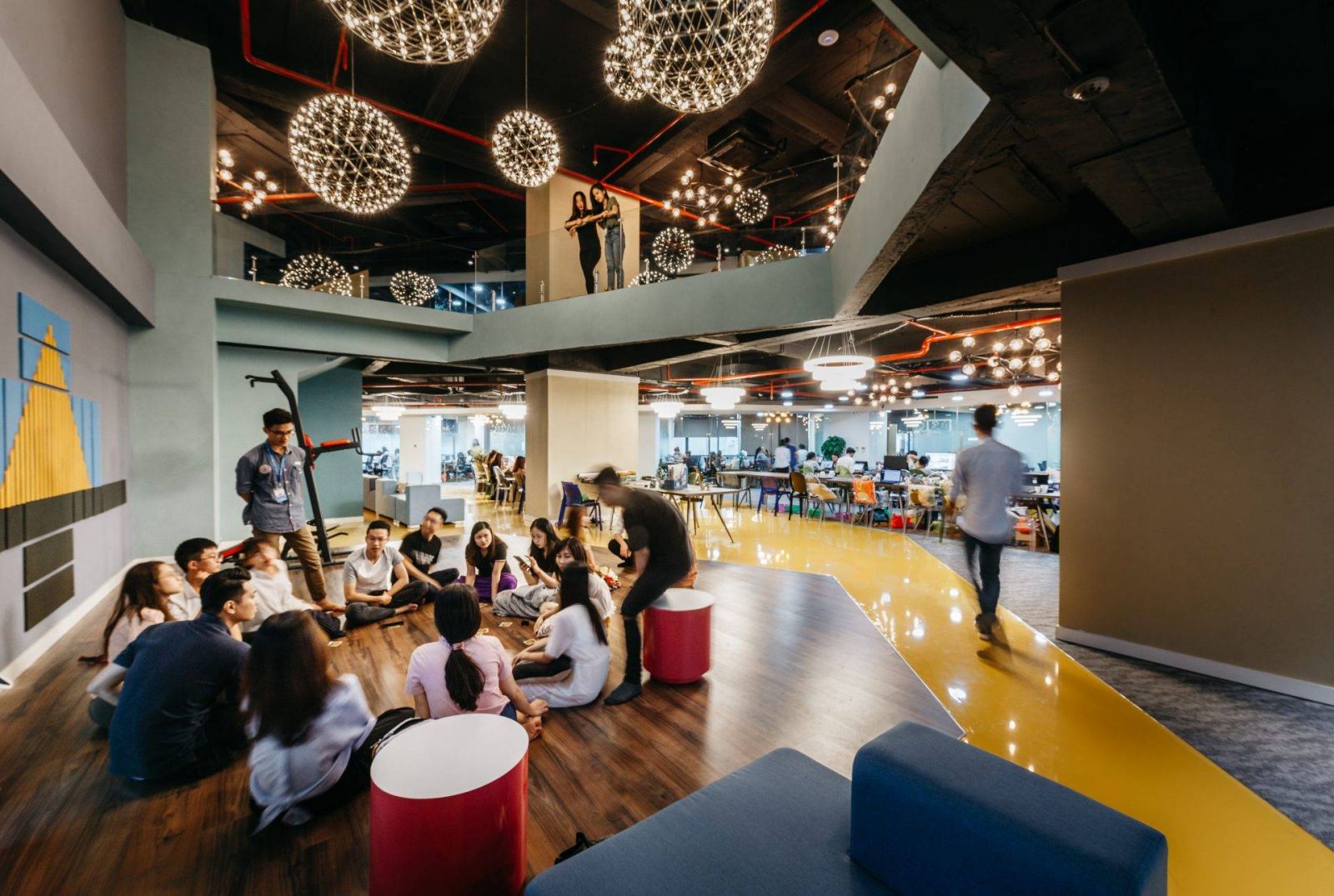
Co-working space will be at the forefront of future real estate.
Brought into prominence by younger generations in particular, collaboration, connecting and sharing are rewriting the rules of the game and affecting every aspect of property.
This started with how we work: while the concept of collaboration between colleagues has been around for decades, hence the introduction of the open-place office, what we have now is a willingness to collaborate across businesses themselves in environments that specifically foster this objective. Enter co-working. Formerly a bit of an underdog, co-working is now a global phenomenon, with major landlords getting in on the act by launching their own co-working and flexible office space brands.
Happy to share office space with relative strangers, more people – particularly younger people - are also willing to adopt the same approach to where they live (although it could be argued that this is out of necessity rather than desire) by cohabiting in the increasing number of co-living schemes around the world. Living in a community, often with shared leisure and co-working facilities, and exchange ideas with like-minded people, the co-living format is competing with traditional residential markets, and offers an element of flexibility that customary housing models don’t. Leases can be short or even operate on a membership basis, giving those signed up the opportunity to switch between a range of different residences around the world, thereby meeting the needs of an increasingly globally mobile and transient workforce.
Connecting and sharing also seem to be partly behind the rise of more experiential leisure experiences: while going out to dinner with friends is great, going to an escape room with them, working together to overcome a challenge against the clock, and then going for dinner is, arguably, even better. The huge range of new leisure concepts and operators coming to the market bears this out.
Lastly retail: co-living doesn’t lend itself to having lots of material possessions, but even if it did, concerns about the environmental impact of conspicuous consumption are higher now than ever before. A lot of younger people also have less ability to make larger purchases and have learned to crave ownership less. If they can borrow or share they see this as more efficient and environmentally friendly - this applies to everything from cars to dresses. In response the second-hand and hire markets are growing: often powered by re-commerce platforms such as Depop which facilitates re-sales via its app, there is an increasing number of shops offering well-selected second-hand items. Rent the Runway, meanwhile, offers members the opportunity to rent and return designer clothing at a fraction of the cost it would cost them to buy it outright.
The heart of all these changes for the real estate industry is service. Hybrid concepts are emerging, combining workspace with retail, student housing with hospitality, living with working. Real estate owners must offer service and experience; they need to be closer to their consumers and provide easy, flexible and social environments. Only then will they succeed.

















